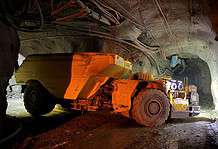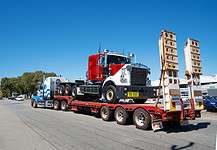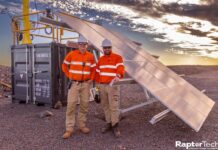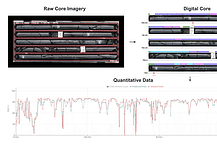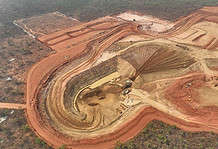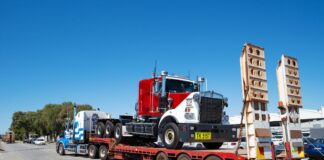Resource Minds is an early intervention program developed from the research and results from the Wellbeing and Lifestyle Study.
BY: JESSICA CUMMINS
Mental health issues have plagued the fly-in, fly-out workforce for many years. But with an emerging number of programs and resources available, mining companies have many avenues to facilitate those very important conversations with employees.
DR Jennifer Bowers, associate professor and managing director of Rural and Remote Mental Health (RRMH) in South Australia, has spent more than 10 years researching the prevalence of psychological distress in remote mining and construction workers.
Published in the Australian Medical Journal, Dr Bowers led the Wellbeing and Lifestyle survey, which sampled about 1124 employees at 10 construction, open cut and underground mine sites across remote South Australia and WA.
The study reinforced the most significant factors causing mental distress in FIFO workers.
“We know that relationships with partners and missing social events are significant factors, we know that social isolation is highly significant, [and] we know that their rostering and length of time that they work on site are all statistically significant,” Dr Bowers said.
“But one of the major findings was that 28 per cent of this cohort had a greater level of psychological distress compared to the general Australian population, which is 11 per cent.”
Dr Bowers said this statistic alone highlighted the importance of early intervention mental health and suicide prevention programs.
“In the past, mental health care at mine sites varied or were non-existent. It really is in more recent times – because of a number of Government enquiries, with very unfortunate and well publicised issues around suicide – that companies are now acutely aware of the issues and some are making great effort to remedy them,” she said.
“It is a very difficult starting point when companies call up saying they have dealt with a suicide.
“We would much prefer go on site with a prevention program leading to an early intervention if possible.”
Prevention Programs
The research conducted by Dr Bowers and her team has formed the foundation of ‘Resource Minds’, an evidence-based approach to mental health prevention.
The program, which runs for about a year, includes mental health training workshops for supervisors, and a package of 13 tool box talks complete with videos, a presenter’s guide, a passport to mental health booklet, and various other promotional material.
“Each toolbox talk is designed to address the different risk factors identified in the Wellbeing and Lifestyle survey and aims to reduce stress once at site,” Dr Bowers said.
“Those of highest risk are aged between 24 and 35 and they’re the ones who are likely to have young families at home and experience financial stress.
“If internet access is not reliable on site it’s very hard to pay bills and communicate – all of that needs planning and organisation.
“So we talk to them and teach them strategies to manage their life.”
Dr Bowers said the talks may range from topics such as relationships, financial stress, the stigma associated with mental illness, and signs of suicide.
“A good prevention program actually addresses all of the issues involved – it’s important to understand what the risk factors are so that people can understand how to manage their life better,” she said.
Advancements Made
Dr Bowers believes awareness of mental health issues in mining had improved over the last decade.
“There is a lot more awareness now from when I started researching 10 or 11 years ago,” she said.
“People are much more aware of the issue, and companies are starting to put something in place – even if it is not as comprehensive as we would like.”
When Dr Bowers first started researching within this area she said research at the time was mainly qualitative with small sampling sizes and biases.
“Clearly there was a lot of knowledge about indigenous communities but at the time I started researching there was virtually no information about those working in rural and remote areas in the mining industry,” she said.
“And it was very hard to access mine sites to get that information.”
Companies such as Macmahon have partnered with RRMH to implement Resource Minds under its brand Strong Mines Strong Minds across its operations in Australia.
Byrnecut has also sponsored the RRMH vehicle in the R U Ok? Conversation convoy, enabling RRMH to spread the mental health awareness message Australia-wide.
“We want to change the attitudes of the employers as much as the employees, and we want employers to have commitment – it needs to come from the top down to reduce the stigma, change attitudes and improve help seeking behaviour,” Dr Bowers said.
“From our evaluation they tell us they want more information, they are receptive, appreciate the information and talk more to their families and mates.
“The critical issue is that mental safety is as important if not more important than physical safety – if FIFO workers can’t concentrate or make decisions properly, it becomes a safety issue.
“We are generating that important conversation and they are more confident about speaking about the issue.”



